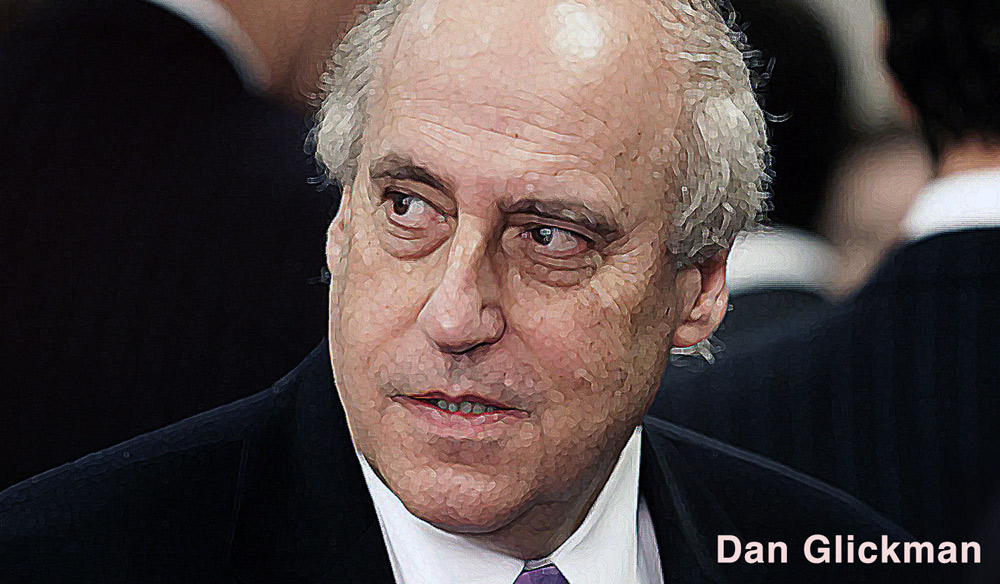Stay calm. Dan Glickman has discovered serious problems.
“Washington is a divided town in a very politically divided nation,” Glickman wrote in The Hill last year. “From the confirmation of Brett Kavanaugh, to the extreme rhetoric on social media, to the bombs mailed to public officials, to the mass shooting in Pittsburgh, to the inability of our elected leaders to reach consensus on nearly all major issues facing the country, it is not easy to see a way out of this mess.”
Nonetheless, he’s found one: less freedom.
Specifically, he wants to take away young people’s freedom.
For how long? Say a year or so, he argues, right after high school or college, when they don’t have a hold yet in society and are less able to fight back; force them to join the military or some non-military federal conscript workforce. It’ll be good for the little buggers. And very egalitarian.
Always-adult-acting Washington knows best.
“Not only does this benefit the individual,” asserts this current Executive Director of the Aspen Institute Congressional Program and former Cabinet Secretary,* “but helps our national community move away from division and towards a more cohesive society.”
Wait a second. The exceptionally well-connected Glickman and friends screwed up our world. So, make young people pay for their mistakes?
And where does Congress conjure up such power?
This Thursday, a congressional commission debates mandatory “national service” for young people.**
It would make more sense to draft 74-year-old Glickman, who actually helped cause the problems … or even 58-year-old me, who couldn’t stop him.
This is Common Sense. I’m Paul Jacob.
* Glickman’s career path, prior to his current position, has been illustrious: a former nine-term congressman; Secretary of Agriculture under President Clinton; Director of the Institute of Politics at Harvard University’s John F. Kennedy School of Government; and Motion Picture Association of America Chairman.
** Please go here to submit your own comments on forcing young people to give up a year of their life to the federal government.

See all recent commentary
(simplified and organized)
See recent popular posts
